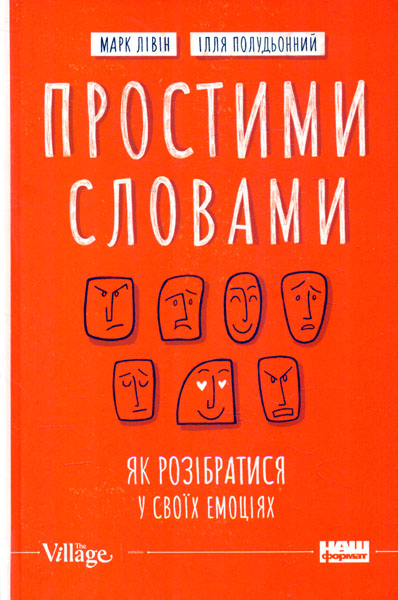Теория Открытой Встречи и последовавшее за ней Движение Встречи в Америке - одна из самых противоречивых за всю историю мировой терапевтической практики. Уиллу Шутцу удалось сформулировать простую истину, которая лежала в основе работы группы Встречи - человек сам несет ответственность за то, что с ним происходит или не происходит - и эту истину участники переносили в свою повседневную жизнь. И для многих это решило многие проблемы. Как и осознание того, что самое точное зеркало, отражающее наше мысли, отношения, переживания - это наше тело. Оно говорит намного больше, чем слова (или молчит, когда мы говорим) - хроническими болями, напряжением, дискомфортом и т.д. Примите ответственность за себя, научитесь слышать и слушать свое тело - и многое для Вас станет легче и понятнее. Перекладывая ответственность на кого-то другого, игнорируя сигналы тела, Вы делаете себя слабее и «хороните» свой потенциал -как участника группы, отношений, да и просто как человека. Книга будет полезна широкому кругу читателей - как профессиональным терапевтам, психологам, так и всем тем, кто хотел бы раскрыть свой потенциал с помощью своих собственных ресурсов.
Theory of Encounter and the movement that followed it in America is one of the most controversial phenomenon in the history of world therapeutical practice. Will Schutz managed to formulate a simple truth that underlies Encounter theory: person is responsible for everything that happens or doesn't happen in his or her life. This is the truth that the participants of Encounter groups transferred to their everyday life. And it helped many of them to solve a lot of problems. Just like the acceptance of the fact that our body is the most clear mirror that reflects our thoughts, relationships, experience. It tells us much more than the words do (or keeps the silence when we speak) through chronic pains, tension, discomfort, etc. If you make yourself responsible for your life and everything that happens to you, if you learn to hear and listen to your body, a lot of things in life will become easier for you. By delegating responsibility to someone else, by ignoring your body signals, you bury your potential, both as a group member, partner and as a person.
The book will be useful for a wide range of readers, both for professional therapists and psychologists and for all those who want to discover their potential through their own resources.













